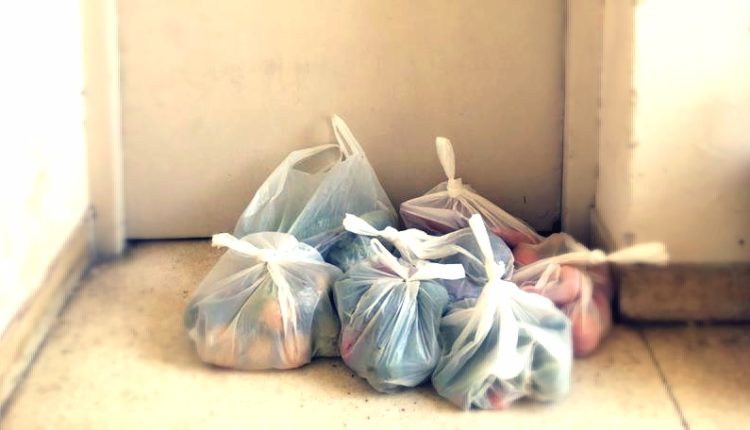
Cuban voices during the pandemic: Grettel Escalona Martí
‘There’s much love in this house’
In September 2019, I returned to Cuba with my three-month-old baby. I did not intend to stay that long, but two reasons kept us here: the slow process to nationalize my daughter and, currently, the Coronavirus. Of all the perverse circumstances that I tried to foresee when I returned to the Island, I never imagined a pandemic. I prepared myself mentally and financially for the situation, the usual shortage problems, the absence of my family in the country, and also my daughter’s father, who needed to continue traveling.
I have lived in my neighborhood for 26 years. The people who watched me grow up, now enchanted by my daughter’s smile, became even closer. We always had close ties, but crises bring out the best, or the worst, in people. Luckily the human side reigns here. “You are not alone,” “call us with whatever you need,” were commonly uttered every time they saw me. The situation was uncomfortable, but as tolerable as can be. Until COVID-19 arrived.
The crisis had started when, around 10 p.m., I heard President Miguel Díaz-Canel explain on the Caribe TV channel that mothers could not go out with their children to buy [whatever was needed]. It was abrupt; it bothered me a lot. I called several friends unleashing my anger. The next day I woke up with a cooler head and thought: he’s right. If I get sick, my daughter gets sick. This is not a silly flu, I thought, and I may have enough antibodies to resist, but what about her? She is now a 9-month-old baby, what does her body know about antibodies. I don’t know, but there are things that are better not found out the wrong way.
My closest neighbors called me to tell me that, for our sake, they had decided to keep their distance. The head of the house is a nurse and her daughter, a stomatology student, had been called to carry out investigations. Now I really couldn’t leave my house. They couldn’t take care of my baby and I couldn’t expose her to the street.
I began to take extreme measures invoked by my mother’s good sense from afar. Some friends and members of my family began to leave things under my door. At the beginning it is always strange, it is even laughable, it has never been done and one thinks: what a ridiculous situation! As the cases increased, I took everything more seriously. No one walks through the door of my building without first disinfecting themselves … and preferably barefoot.
At this point we have not left our home for months. We are at war, I thought, whatever we get will be welcome. Priorities: diapers (of any brand), milk for my girl, food to survive, toiletries. With the monthly money that our child’s dad sends us we can still afford to “not count every penny.” We are thankfully privileged and I know that is not the case for many. My support network consists of friends of the family and neighbors. Every day I have someone to thank for their help. I get a lump in my throat every time I hand over money to someone to buy something for us. I feel that they expose themselves for us and I will never know how to thank them. They say that you reap what you sow, but I do not know when I sowed so much. I see them return sweaty, outraged by those who do not respect their distance, by the long queue to buy chicken, by the happiness one more pack of diapers brings …
The wait will be long. Let’s not fool ourselves. I don’t know when this will end. I speculate on the crisis that is coming, and I panic, I calm down, I think about how to be more productive, even if quarantined. Many fears surround me. What world will my daughter know after this? I don’t know what will happen, but every day I go to sleep thanking all those who help me daily. I feel that there is a lot of love locked up in this house right now.
Grettel Escalona Martí is 32-years-old.


